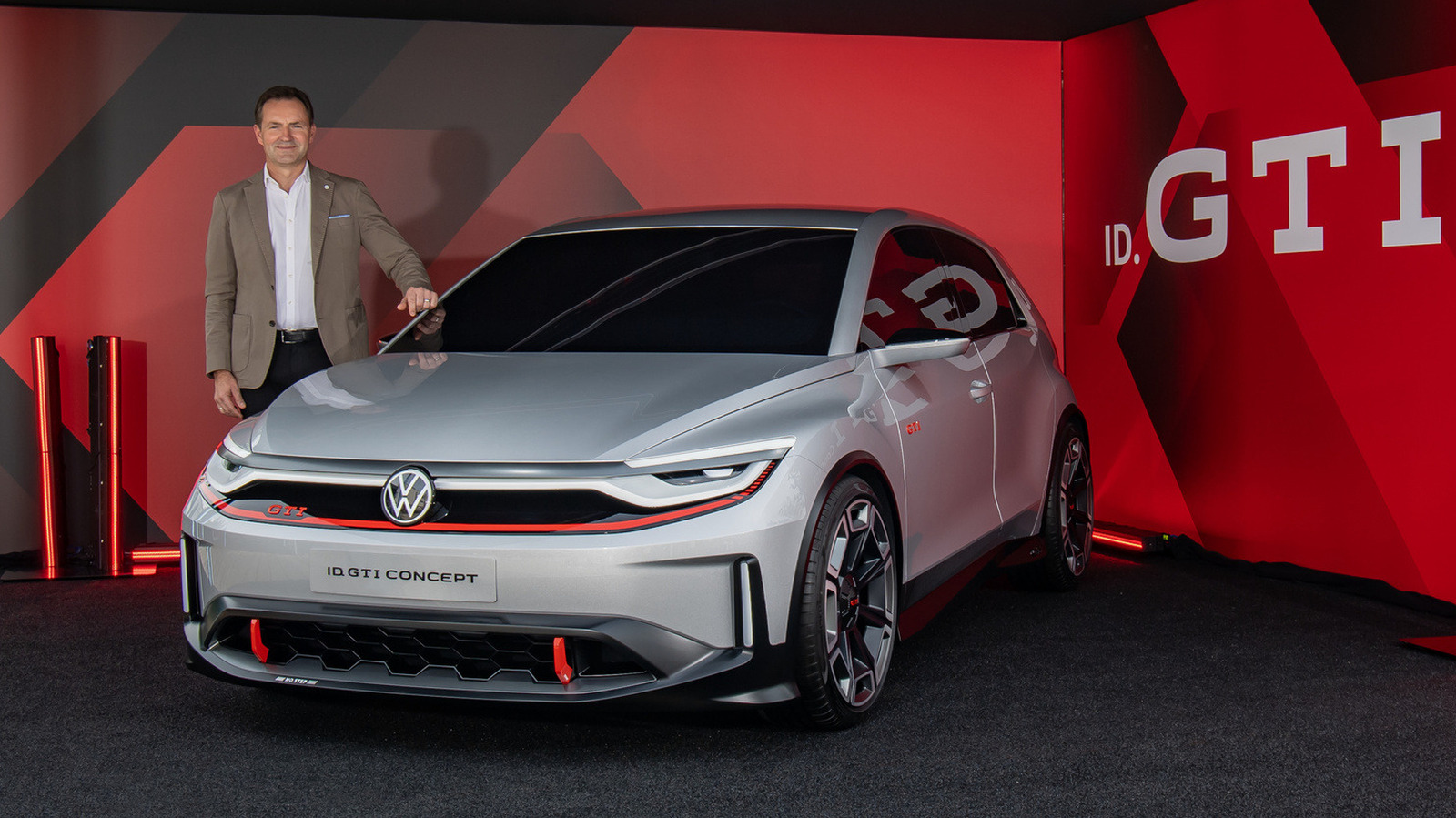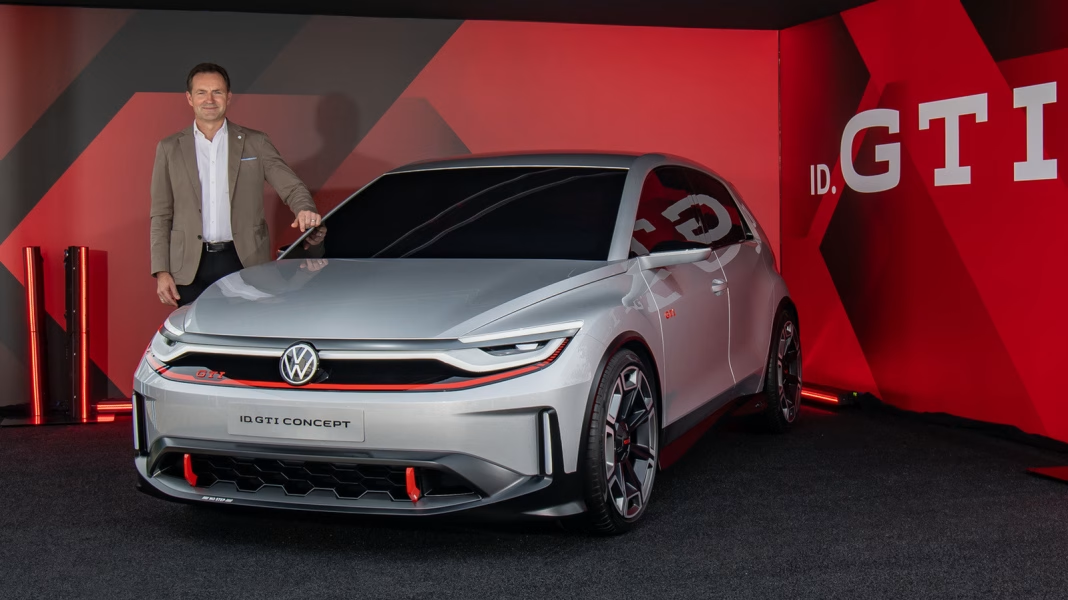Volkswagen is shaking things up in the electric vehicle (EV) world, and it’s about time. If you’ve been following the brand, you might have noticed that their ID naming convention has been a bit of a head-scratcher for many. The ID.3, ID.4, and ID. Buzz—while they sound futuristic and techy—have left some consumers scratching their heads, wondering what these names even mean. So, what’s the deal?
Why Did Volkswagen Change Their Naming Strategy?
Volkswagen recently acknowledged that their ID names were causing confusion among consumers. Let’s face it: when you’re used to the familiar Golf, Jetta, and Passat, jumping to a series of letters and numbers can feel like a leap into the unknown. It’s not just about being trendy; it’s about making sure customers understand what they’re buying.
In a world where clarity is key, Volkswagen’s decision to rethink their naming strategy is a smart move. They’re not just creating cars; they’re building a brand identity that resonates with both long-time fans and new customers. By moving away from the ID nomenclature, they’re aiming for names that evoke the essence of the vehicles themselves—names that tell a story.
What’s Next for Volkswagen’s EV Lineup?
So, what can we expect from Volkswagen moving forward? They’ve hinted at introducing more relatable names for their upcoming EVs. Imagine a future where you’re not just buying an ID.4, but a “Volkswagen e-Golf” or “Volkswagen e-Bus.” These names not only connect with the brand’s heritage but also make it easier for consumers to understand the vehicle’s purpose and capabilities.
This shift could also help Volkswagen tap into a broader audience. Many potential buyers might be intrigued by the idea of an electric version of a beloved model they’ve known for years. It’s a way to bridge the gap between traditional combustion engine vehicles and the new electric era, making the transition feel less daunting.
The Importance of Consumer Feedback
Volkswagen’s move to reassess their naming strategy highlights the importance of listening to consumer feedback. In an age where customer experience is paramount, brands that adapt to their audience’s needs are the ones that thrive. By acknowledging that their previous naming conventions were confusing, Volkswagen demonstrates a commitment to improving the customer journey.
This kind of responsiveness can foster loyalty. When customers feel heard, they’re more likely to stick with a brand, especially in the competitive EV market where choices abound.
What Does This Mean for the EV Market?
The implications of Volkswagen’s decision extend beyond their own lineup. As one of the largest automakers in the world, their approach could influence industry trends. If Volkswagen succeeds in making their EV names more relatable, other manufacturers might follow suit. This could lead to a broader shift in how electric vehicles are marketed, making them more accessible to the average consumer.
Moreover, as the EV market continues to grow, clarity in naming could help demystify electric vehicles for those who are still hesitant about making the switch. It’s all about creating a welcoming environment for new buyers who may feel overwhelmed by the technology and terminology.
The big takeaway? Volkswagen’s shift from confusing ID names to more relatable titles isn’t just about branding; it’s about making electric vehicles more approachable. By focusing on clarity and connection, they’re paving the way for a smoother transition into the electric future. So, keep an eye out for those new names—they might just make your next car shopping experience a whole lot easier.


